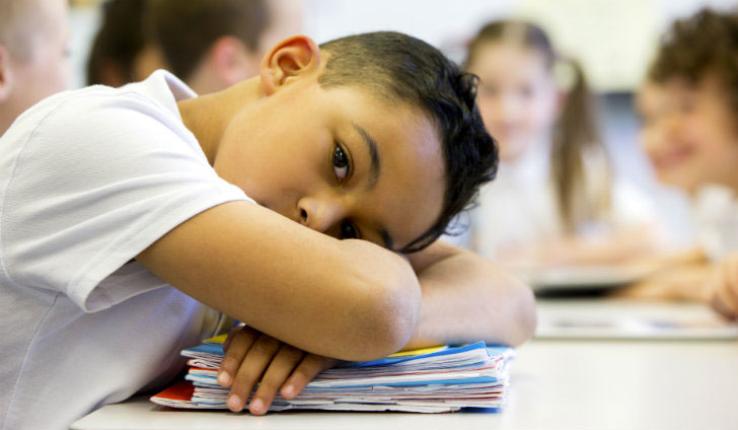As of fall 2020, students had lost 1.5 months of reading learning and 3 months of mathematics learning because of the pandemic's disruption to in-person instruction. If in-person learning is delayed beyond fall 2021, data suggests the average student will lose more than 12 months of learning. George DuPaul, professor of school psychology and associate dean for research at Lehigh University's College of Education, submitted written testimony to the Pennsylvania Senate Education and Senate Health and Human Services Committees to advocate for additional student resources due to pandemic-related learning loss and mental health concerns at the K-12 level. In the statement, DuPaul summarized research indicating that pandemic-related school closures and activity restrictions have led to these detrimental challenges.
DuPaul, whose research focuses on school-based intervention and services for students with attention-deficit/hyperactivity disorder (ADHD) and related emotional and behavioral disorders, says multiple national studies prove significant losses in mathematics and reading achievement of K-12 students since March 2020.
"The significant losses in learning, particularly in mathematics and reading, will likely extend across multiple school years and may ultimately reduce the earnings and lifespan of an entire generation of students," said DuPaul.
Additionally, DuPaul warns pandemic-related changes to schooling have also been associated with increased social, emotional, and mental health difficulties for children and adolescents.
"Due to pandemic-related stress and social isolation, children and adolescents are experiencing more frequent and severe symptoms of mental health disorders, chiefly anxiety and depression, relative to pre-pandemic functioning. The risks for learning loss and social-emotional difficulties are directly related to decreased access to in-school instruction and mental health supports, respectively, provided by schools."
The risks are even greater for Black and Latinx youth, students with disabilities, English learners, and children living in poverty. Because of these disparities, DuPaul says resources are needed to ensure equitable access to remote learning and telehealth mental health services.
"Improving the short- and long-term impacts of student learning loss and social-emotional disturbances will require long-term investment in and implementation of evidence-based screening, assessment, and interventions in our public schools," said DuPaul. "Schools will require considerable resources from local, state, and federal agencies to mount the massive multi-year effort it will take to mitigate the short- and long-term effects of these challenges.”



